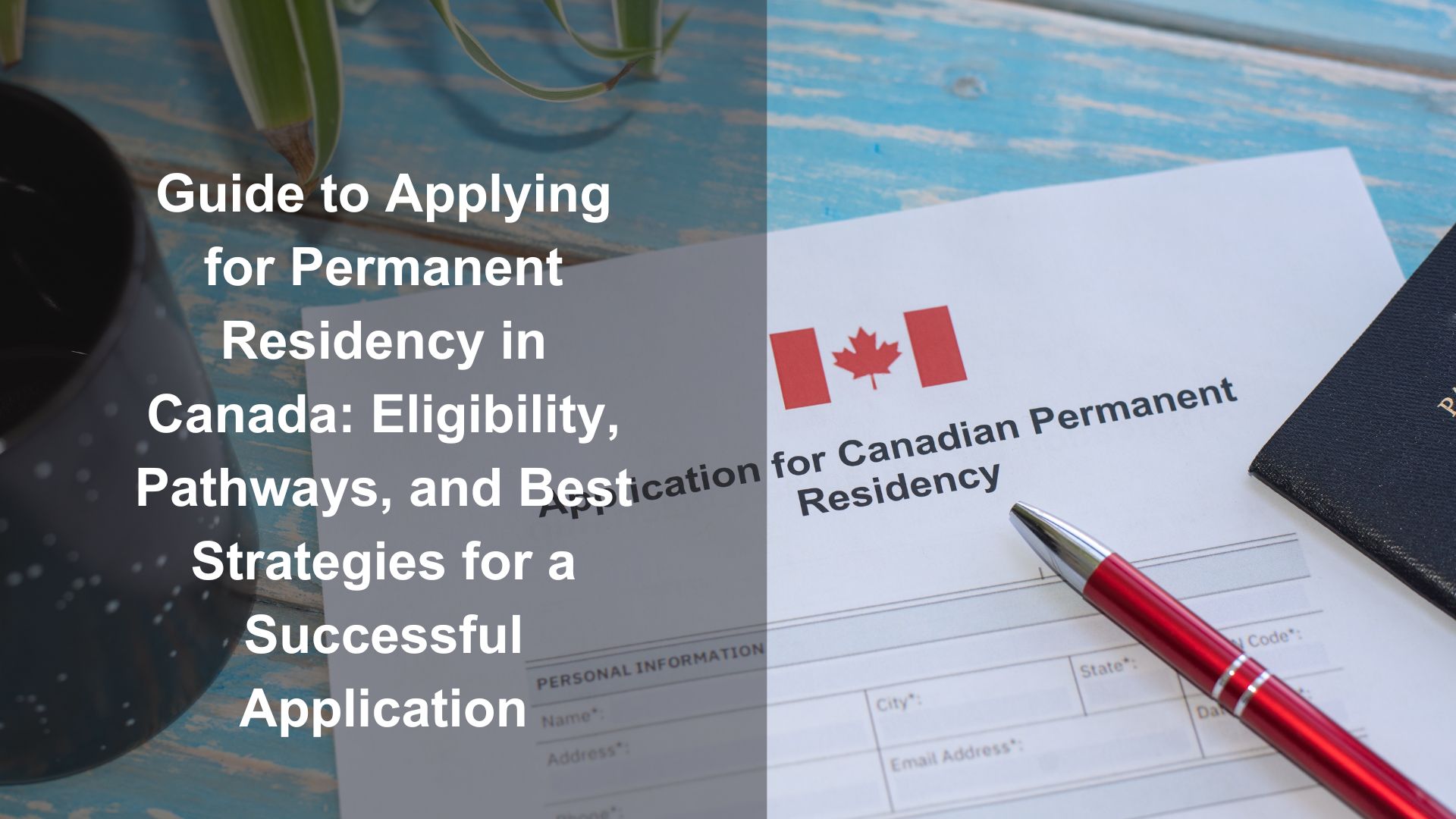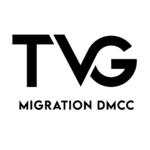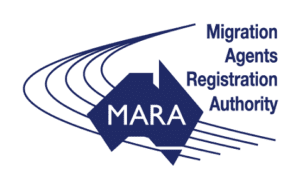Canada is widely recognized for its hospitable approach to immigration, providing diverse avenues for individuals worldwide to obtain permanent residency (PR). Along with access to healthcare and other social benefits, becoming a permanent resident of Canada grants you the freedom to live, work, and study anywhere in the country. Getting permanent residence in Canada is often the first step towards obtaining citizenship. But the procedure might be intricate, necessitating a thorough comprehension of the prerequisites, accessible routes, and tactics for a successful application. This blog provides a guide to applying for permanent residence in Canada.
What are the ways to Immigrate to Canada?
Express Entry
The Express Entry procedure is a well-liked entry route into Canada. It’s the quickest route to the Great White North, with processing taking only six months. If you apply using the Express Entry system, you can choose from three government programs related to economic immigration:
- For skilled workers holding a degree from an accredited university, there is the Federal Skilled Worker Program (FSWP). You must speak one or both of the official Canadian languages fluently and have relevant job experience.
- For experienced craftspeople with a recognized diploma or job-specific training, there is the Federal experienced Trades Program (FSTP). You have to speak one or both of Canada’s official languages fluently.
- Skilled workers who have been in Canada for a minimum of 12 months on a study permit, work permit, or working holiday visa are eligible for the Canadian Experience Class (CEC) program. You will need to have the language proficiency required for your line of work, just like for the other two programs
Provincial Nominee Program
The PNP gives Canadian territories and provinces the authority to designate people who want to come to the country and settle in a particular province. Every province has its own standards, frequently based on the demands of its labor market. PNPs can function as independent streams or be matched with Express Entry.
Quebec Skilled Workers Program (QSWP)
The Federal Skilled Worker program offered by Express Entry has a Quebec counterpart called the Quebec Skilled Worker Program (QSWP). It was intended to enable families of highly skilled overseas workers to become permanent residents of Quebec. The application will assess your profile based on predetermined standards to determine how much of an impact you will have on Quebec’s economy and culture.
Start Up Visa Program
Entrepreneurs with the abilities and ability to launch ground-breaking companies in Canada are the focus of this program. In addition to meeting the necessary linguistic and financial standards, applicants must have the backing of a recognized organization in Canada.
Atlantic Immigration Program
The Atlantic Immigration Pilot, now known as the Atlantic Immigration Program, was created to give people with the necessary skills in in-demand occupations a route to Canada’s Atlantic Provinces. Therefore, you’ll discover that every province—including Nova Scotia, New Brunswick, Prince Edward Island, and Newfoundland & Labrador—has an abundance of opportunities if you’d like to live and work there.
How to Apply for Permanent Residency?
- Demonstrating your proficiency in one of the official languages of Canada. The results of your International English Language Testing System (IELTS) test must be provided.
- If you apply through the Federal Skilled Workers Program, submitting an Education Credential Assessment (ECA).
- Possessing enough money to back your application
- Presenting evidence of education if an ECA is not required
- Age verification, like a birth certificate
- Employment records, such as a pay stub, reference letter, and job offer
- Certificate of Medical and Police Clearance
- Your passport is your travel document.
Best Strategies for a Successful Application
- If you are applying through the Canada Express Entry Program, It is important to focus on improving the CRS Score. The CRS score can be improved by obtaining a Job offer in Canada, improving your test score, securing a provincial nomination and gaining more work experience.
- Immigration rules and regulations can be complicated. You may make sure your application is as solid as possible, prevent frequent blunders, and navigate the process more easily by hiring a professional immigration counselor or attorney.
- Immigration laws and regulations in Canada are subject to change. Keep yourself updated on any changes that can impact your application process or eligibility.
Conclusion
Applying for permanent residence in Canada is a big step that needs to be planned carefully, thoroughly prepared, and aware of the possible pathways and eligibility requirements. Selecting the appropriate immigration program, assembling the required paperwork, and using astute tactics will improve your chances of having your application accepted. Whether your goal is to establish a new life in Canada as an entrepreneur, skilled worker, or through family sponsorship, this guide offers a strong foundation to assist you confidently navigate the process.









Leave a Reply